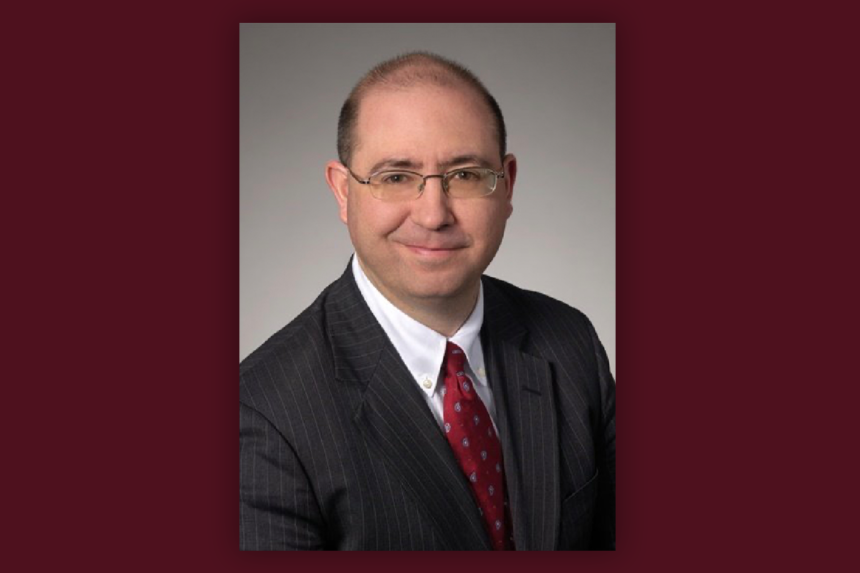Gerald Russello, an author and editor often associated with Russell Kirk’s life and work, passed away on Nov. 7, 2021. He was 50 years old.
Russello’s death took me by surprise, as I wasn’t aware until recently that he was fatally ill and being treated for brain cancer. Since he was around the same age as two of my children, I viewed him as a young person still occupied with raising a family.
Russello was a man of parts: a skilled corporate lawyer and the energetic editor of The University Bookman, a publication established decades ago by the conservative author and thinker Russell Kirk. Given this latter responsibility, it is perhaps no surprise that Russello also penned what I consider by far the most brilliant biography of Kirk, The Postmodern Imagination of Russell Kirk, published by the University of Missouri in 2006. I was blown away by both the elegant prose and the imaginative arguments that I found in this manuscript. I offer such a judgment even as the longtime friend of W. Wesley McDonald, who also published an excellent study of the same subject in Russell Kirk and the Age of Ideology.
Russello attempted to link Kirk’s critique of modernity to a postmodern framework, but one that rejected late modern values from the right, not the left. This struck me as illustrative of Russello’s ability to think outside the box. His book revealed, among other things, that he had immersed himself in postmodernist discourse as well as in Kirk’s published writings and letters.
I was further impressed by the fact that Russello finished his gem of a book while working full time for the respected Sidley Austin law firm and while looking after his growing family. I’ve no idea how he did so much so well.
Russello’s writing talents were not limited to The University Bookman and his book on Kirk. Even while undergoing chemotherapy, Russello’s work was on display in this publication. His most recent contribution for Chronicles was a detailed review of David S. Brown’s biography of Henry Adams, which appeared in the October issue.
Russello’s knowledge and expertise was also on display in his September 2020 Chronicles piece entitled “Catholics in America: An Uneasy Alliance.” In his discussion on the role religion played in America’s founding and successive generations, Russello wrote:
These words show what those who knew him best attest to, namely, the important role his devout faith as a practicing Catholic played in his life. His character was such that he never apologized for his beliefs. He was also among the most gentlemanly and most considerate people I have known. Gerald was much too needed to leave this world so soon.
Image Credit:
above: Gerald Russello (1971-2021)

Leave a Reply